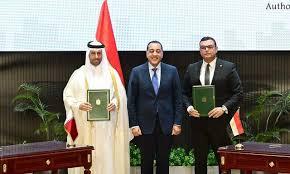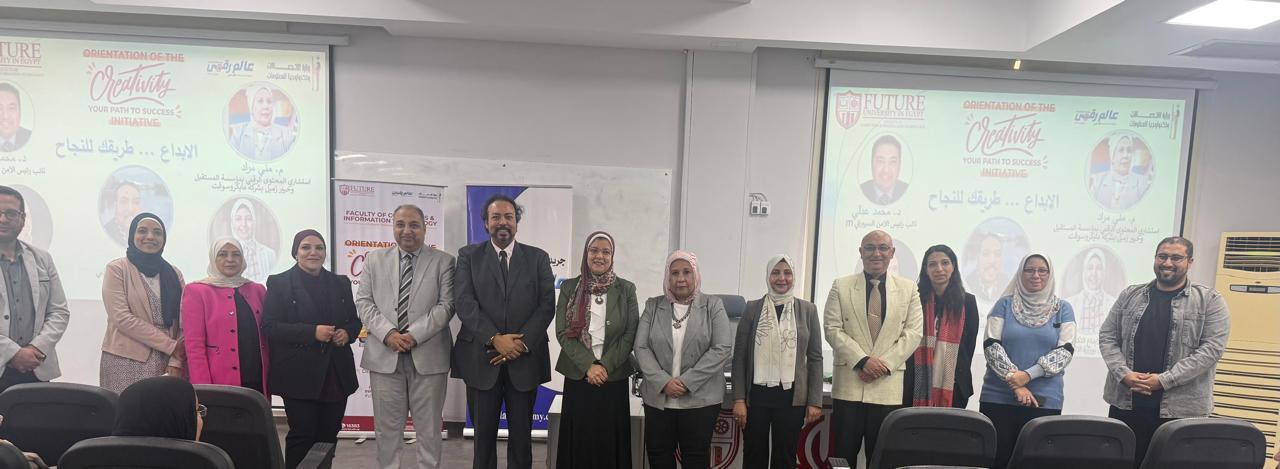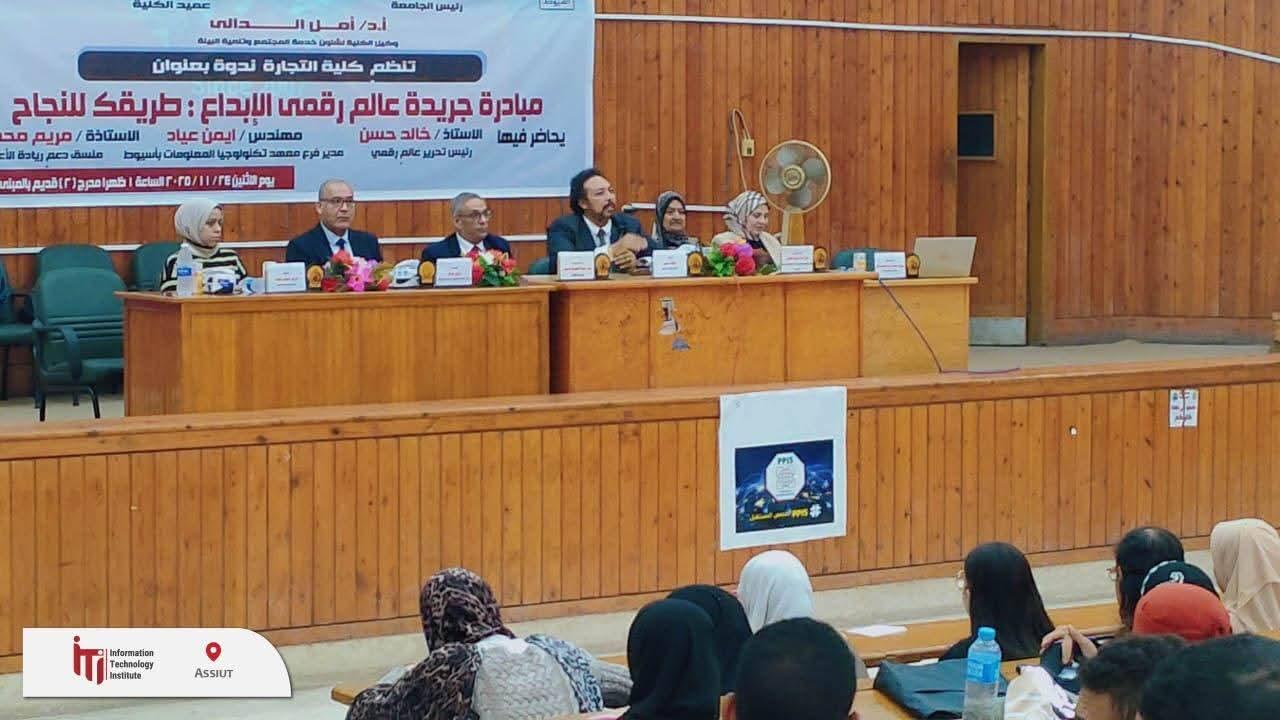By: Mohamed ElKhouly
Dr. Amr Talaat, Minister of Communications and Information Technology, launched the “Cyber Skills” initiative, which aims to prepare a new generation of cadres in the field of cybersecurity, which is among the most in-demand specializations in the labor market. He explained that the initiative aims to qualify 1,000 university students annually for employment directly after graduating from the university in this field, by providing practical curricula that are compatible with the requirements of the labor market, to reduce the gap between supply and demand at the level of human cadres specialized in cybersecurity. Pointing out that the initiative will be implemented during the students’ university studies through strategic partnerships and cooperation frameworks between governmental and academic agencies and private sector companies. Practical study materials and practical training will be integrated in laboratories at universities and the training centers of the Ministry of Communications and Information Technology.
This came in Dr. Amr Talaat’s speech during his opening of the activities of the “Egypt International Summit for Digital Transformation and Cybersecurity” conference and exhibition - the joint edition between the FDC Conference and Exhibition in its sixth session, and the CDIS Conference and Exhibition in its second session - which was recently held under the auspices of the Presidency of the Council of Ministers, and a group From ministries and government agencies, with the participation of 50 local and international companies, showcasing the latest technological solutions in the fields of digital transformation and cybersecurity.
He stressed the joint commitment towards creating a safe digital environment and building a competitive digital economy. Explaining that it is coupled with the increasing reliance on digital systems, cloud computing, the Internet of Things, artificial intelligence, and fifth generation systems; Cyber threats and attacks are steadily increasing; He explained that international reports indicate that the global cost of cybercrime was estimated at about 8.4 trillion dollars in 2022, and is expected to exceed 20 trillion dollars by 2026.
He added that Egypt ranks 23rd among 182 countries in the “Cybersecurity” index issued by the International Telecommunication Union in 2021. Pointing out that the state has paid great attention to cybersecurity through the establishment of the Supreme Council for Cybersecurity, which is responsible for approving frameworks, strategies and policies for securing communications infrastructure, developing plans and programs for developing the cybersecurity industry, preparing the necessary cadres to confront cyber challenges and risks, and cooperating and coordinating regionally and internationally with the relevant authorities. Egypt also established and maintains interest in the National Center for Computer and Network Emergency Preparedness.
He explained that as the first country in the region, Egypt, through the Ministry of Communications and Information Technology, launched a strategy to protect children on the Internet. Pointing out that the five-year national strategy for cybersecurity 2023-2027 was launched as part of the efforts made to secure the communications and information infrastructure in an integrated manner in various sectors and provide a secure digital environment. It includes a number of programs to build an integrated legislative framework, change society’s culture around cybersecurity, strengthen national partnership, build strong and resilient cyber defenses, encourage scientific research, and promote innovation, growth and international cooperation.
Talaat confirmed that many agreements and memorandums of understanding had been signed at the international and regional levels in the field of cybersecurity to exchange experiences, build capabilities, and share information related to cyber threats, and also participated in drafting multilateral international agreements such as the International Convention to Reduce Cybercrimes; Noting that many workshops are being held in all state institutions to raise awareness of the importance of cybersecurity and ways to deal with cyber threats. In addition to training specialized cadres in various agencies in the country, and digital transformation units in ministries and agencies to raise the efficiency of workers to reduce potential cyber threats.
The Minister of Communications explained that the “Egypt International Summit for Digital Transformation and Cybersecurity” discusses vital issues that represent basic pillars for the development of the communications and information technology industry, which are: digital transformation, cybersecurity, and the data center industry. Explaining the axes of Egypt’s digital strategy, which include facilitating the receipt of government services, enabling young people to compete effectively in the local and global labor market, encouraging entrepreneurship and stimulating innovation; He pointed to the “Digital Egypt” platform, which now includes about 170 digital government services from various sectors.
Dr. Amr Talaat pointed out that the Ministry of Communications and Information Technology has launched a wide range of digital capacity-building initiatives in various technological disciplines such as artificial intelligence, data science, cybersecurity, and embedded systems. He explained that in 5 years the ministry’s training budget increased 34-fold, and the number of trainees increased 100-fold to reach 400,000 trainees, with a budget of 1.7 billion pounds during the current fiscal year. Pointing out that 20 digital Egypt innovation centers have been established, and work is underway to establish 6 more during the current year, with the aim of reaching a center in every governorate to create a stimulating environment for technological creativity, support entrepreneurship, and prepare digital cadres in all governorates.
Dr. Amr Talaat stressed that to enable the success of the three axes of the strategy; It works simultaneously on two basic rules: They are the digital infrastructure and the possible legislative framework. Many projects have been implemented to develop the digital infrastructure with its components













































































